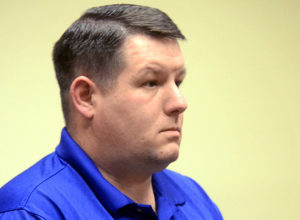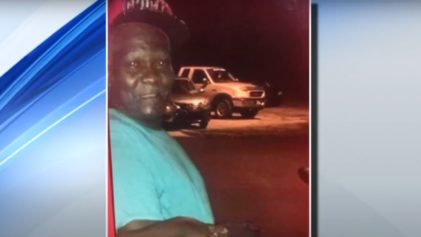While outrage over the police’s use of fatal force continues to gain momentum, grand juries in three separate cases in South Carolina have gone against the national trend, indicting three white police officers in three separate instances for shooting unarmed Black men.
Bernard Bailey was shot and killed by the now former police chief, Richard Combs, in the parking lot of the police department in Eutawville, S.C. Levar Jones was shot by former state trooper, Sean Groubert, at a gas station near Columbia, S.C., while reaching for his driver’s license. Earnest Satterwhite Sr., was fatally shot by Public Safety Officer Justin Gregory Craven after driving away during a DUI stop.
Combs was removed from his position and charged with murder. Groubert was fired and indicted for assault and battery of a high and aggravated nature. Craven was indicted with a charge of misconduct in office, even though the prosecutor initially sought a manslaughter charge.
Recently, the difficulty of indicting a police officer has been highlighted in media stories and by protesters across the nation, with much focus on the secrecy of grand jury proceedings.
University of South Carolina law professor Seth Stoughton told Al Jazeera America: “I think there’s something different happening in South Carolina in prosecutors’ and solicitors’ offices who are asking for and receiving these indictments.”
Stoughton said the indictments may have been influenced by the Brown and Garner cases.
“I don’t know if we would have seen the three indictments that we’ve seen recently here in South Carolina if we had gone back a year or so, prior to August,” he said.
There isn’t a lot of data on police killings because states haven’t been required to submit reports. While some do, it isn’t enough to get a complete picture of how often police use excessive or deadly force. Congress recently passed a bill that would require states to submit a detailed report of police shootings that would include the race and ethnicity of the person who died while in police custody.



